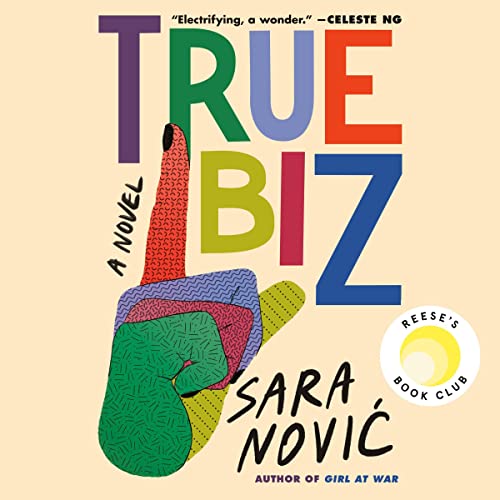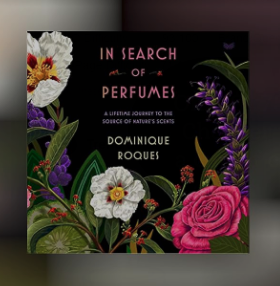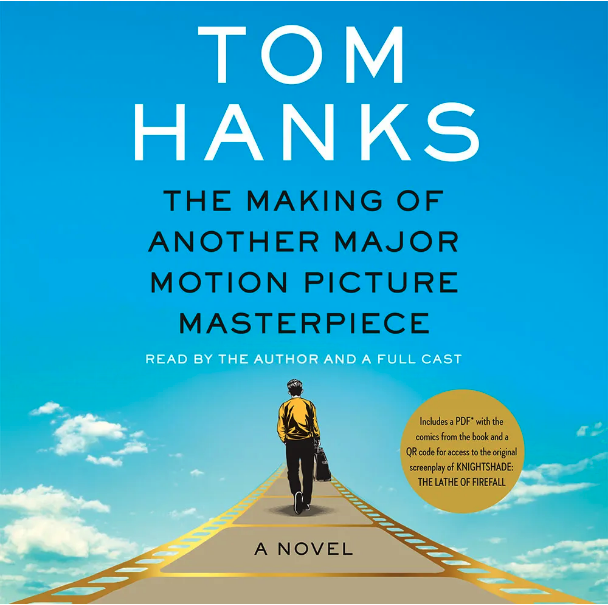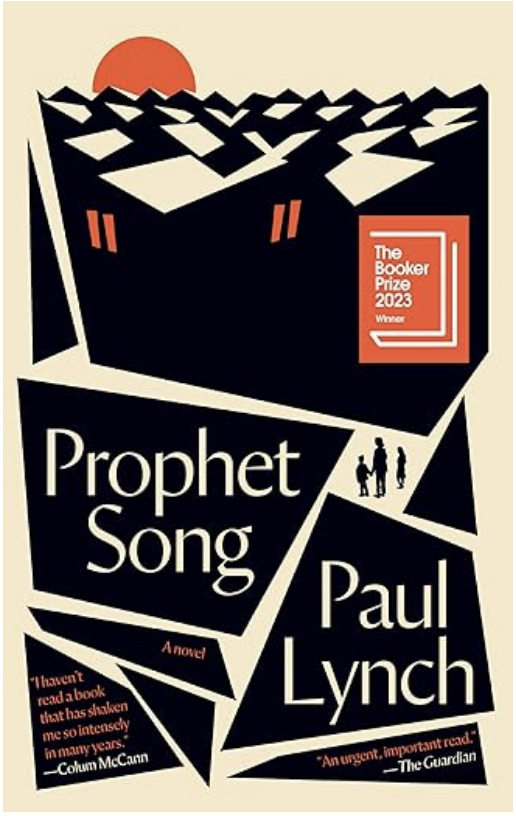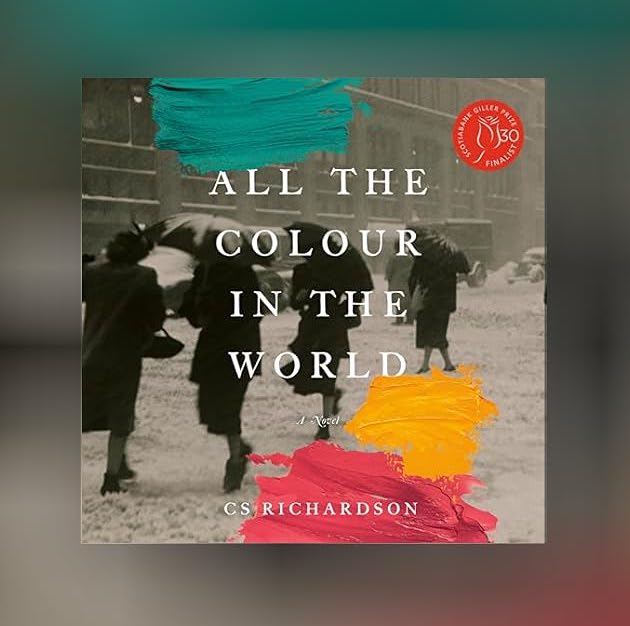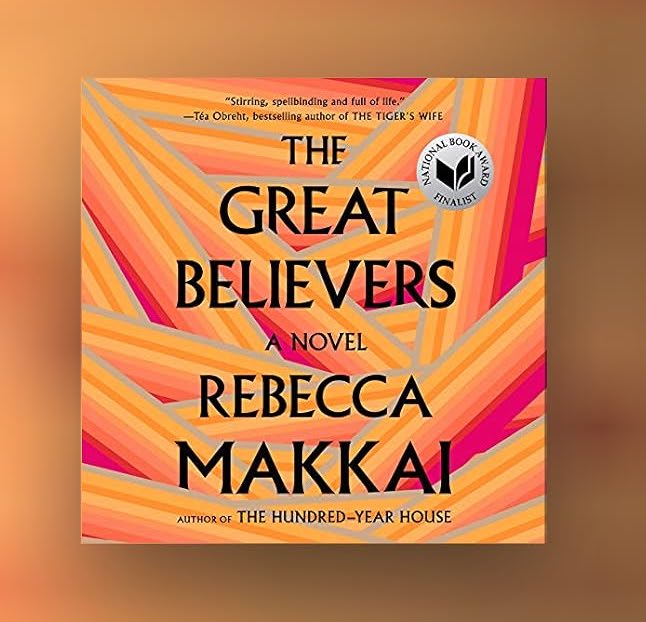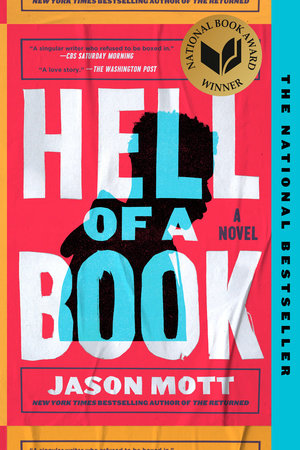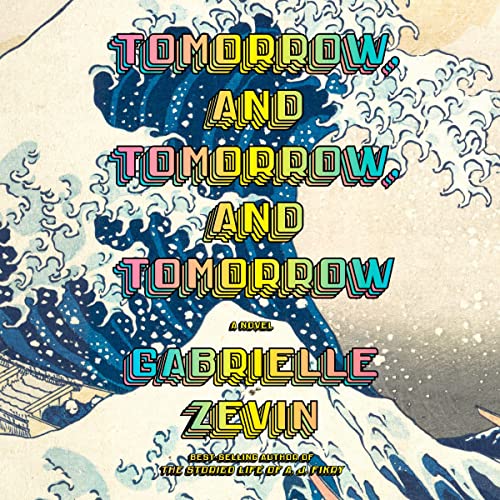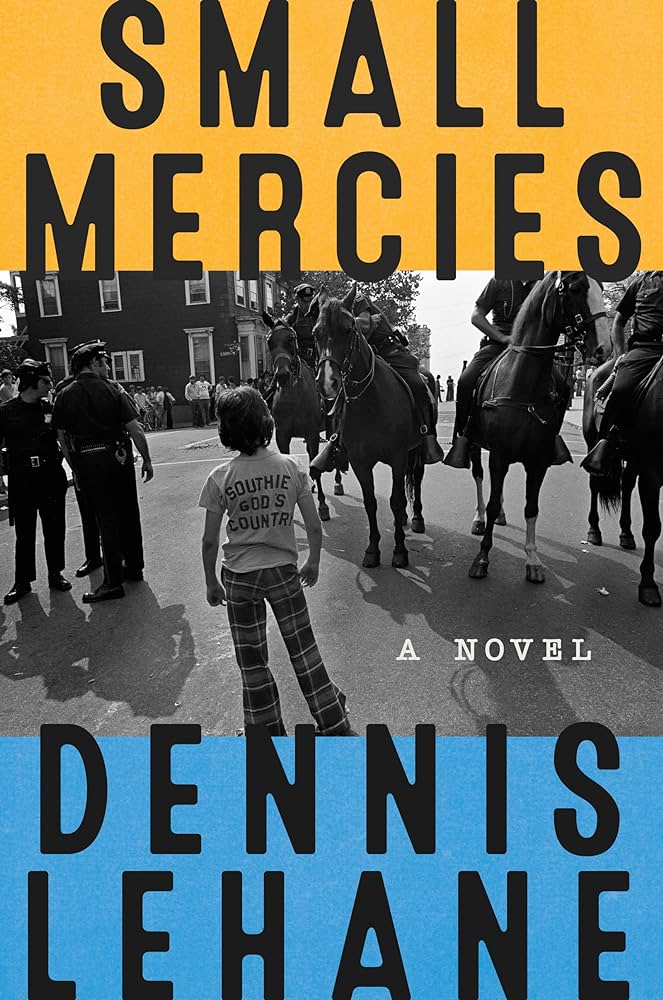
Hard to beat Stephen King’s blurb, “Small Mercies is thought provoking, engaging, enraging, and can’t-put-it-down entertainment.”
Set in the summer of 1974, during Boston’s heatwaves and on the eve of the desegregation of schools, there is a murder of a young Black man on a subway station in “Southie”, a neighbourhood known for poverty, drugs, and housing projects. The Irish immigrants and descendants of Southie are in an uproar about sharing their school and having half of their kids bussed to a nearby Black school. So on the surface the novel is a police drama and the crime seems to be that four Irish-American teens have attacked an up-and-coming Black man, whose only crime was having his car breakdown in the wrong neighbourhood while he was en route home from his retail management training program.
That indeed is the crime, but the novel unveils the systemic racism and rule of law that undermines the welfare of those four teens who are fed lies from early on and jacked up on drugs fed to them by the neighbourhood watchmen who are running girls, guns, and drugs.
The Irish mob has a stronghold on the community of Southie until Mary Pat’s daughter is one of the teens on that subway platform. Mary Pat is one tough Broad and she has now lost both husbands and both children to Marty Butler’s gang of thugs and way of life. She disrupts his shit in a way that not even the police can, and it’s her story of hate, poverty and crime that is the real power of the novel.
This is America’s version of Conrad’s Heart of Darkness, where human folly and racism lead to greed and cruelty at a scale that is nauseating.
If you enjoyed The Berry Pickers by Amanda Peters or Hell of a Book by Jason Mott then Small Mercies explores the same depraved indifference to human life, and the corruption the erodes democracy and exacerbates inequality, poverty, and division among communities.
Small Mercies by Dennis Lehane is published by HarperCollins Canada. And NPR has a a great, indepth review.
